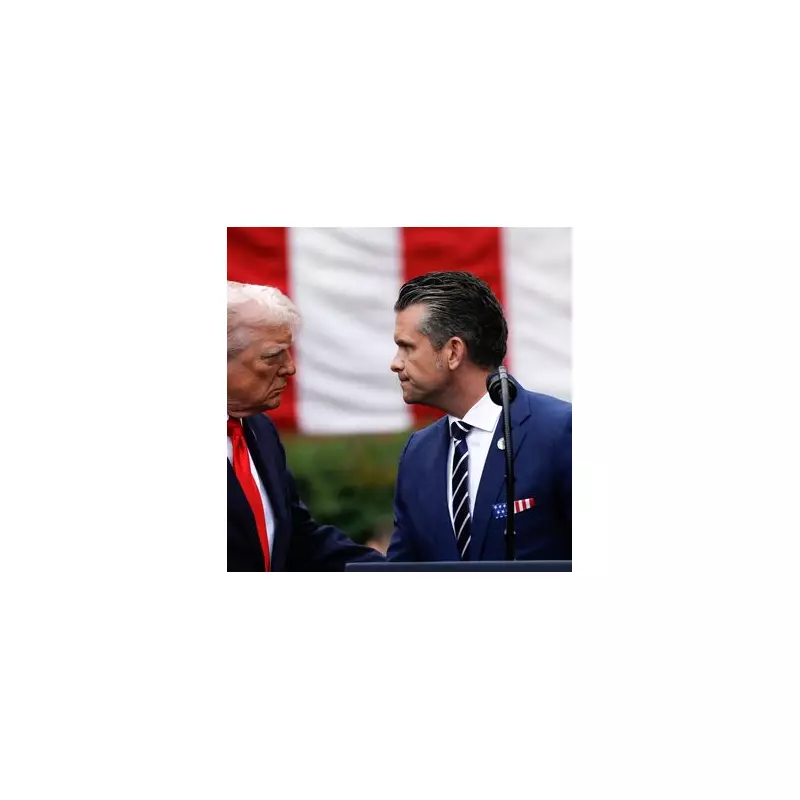
A bombshell leaked memo has exposed a radical plan from Donald Trump's previous administration to rebrand the US Department of Defence with a chilling new name: the 'Department of War'.
The revelation, unearthed by veteran journalist Maggie Haberman in her new book, details a directive issued just days after the January 6th Capitol riots. The proposal, which aimed to revert the Pentagon's name to its pre-1947 title, is being condemned by critics as a blatant and dangerous provocation.
A Symbolic Shift Towards Aggression
According to the memo, the reasoning behind the change was to clarify the agency's mission, stating the current name was a 'disaster' that obscured its true purpose. This move would have symbolically undone the historic National Security Act of 1947, which established the Department of Defence to better unify military branches under a core mission of defence.
National security experts have reacted with alarm. The proposed rename is seen not as a simple bureaucratic adjustment, but as a profound shift in ideology—from an institution focused on protection to one openly embracing conflict.
Internal Resistance and Global Implications
The memo reportedly faced immediate and fierce opposition from within the Pentagon itself. Senior defence officials understood the colossal implications such a change would carry, potentially signalling a more hawkish and confrontational US foreign policy to allies and adversaries alike.
This move would have sent shockwaves through international diplomatic channels, likely damaging relationships with NATO partners and undermining global security frameworks built over decades.
A Part of a Broader Controversial Agenda
This plan was apparently just one part of a wider series of directives drafted by Trump's team during his final days in office. It highlights the administration's appetite for sweeping, symbolic changes that often prioritised rhetoric over pragmatic governance.
The leak raises serious questions about the future direction of US defence policy and the enduring influence of Trump's ideology within certain political factions. It serves as a stark reminder of the powerful symbolism embedded in language and the profound messages such changes can send to the world.





